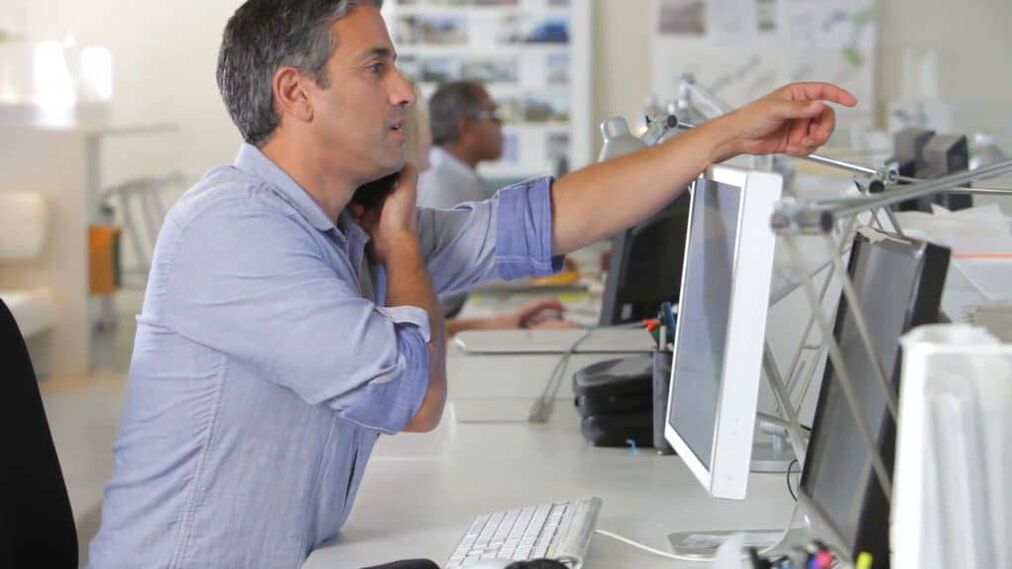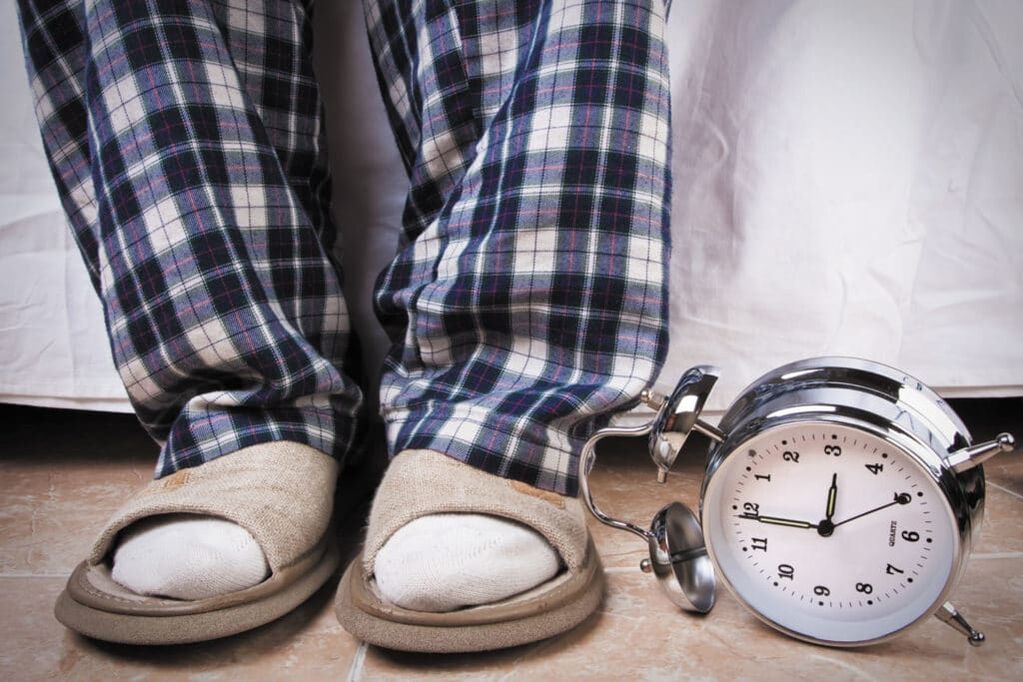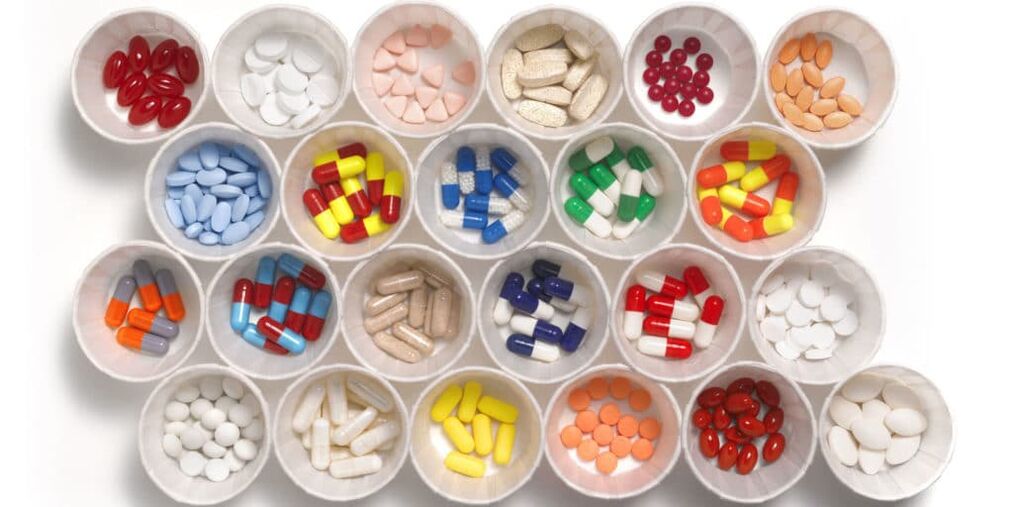Prostatitis is a prostatitis disease that mainly affects elderly men. According to statistics, nearly 40% of men over the age of 50 have been diagnosed with one form of disease or another. Congestive prostatitis is a non-infectious inflammation of the prostate, caused by the invasion of the nutrient structure of the organ.
What is congestive prostatitis?
Due to the violation of the nutritional process of the prostate and pelvic organs, congestive prostatitis is caused. Nutrition refers to all the metabolic processes that occur in the organs-blood circulation, lymphatic movement, prostate secretion dynamics.
The disease is characterized by many specific symptoms, the appearance of which is caused by edema of inflamed organs. Due to stagnant secretions of the prostate, its lobules are not completely emptied, resulting in inflammation and swelling of the organs. Due to these processes, the prostate compresses the bladder and urethra, which explains the appearance of disease symptoms.
Compared with acute inflammation caused by pathogenic factors, congestive prostatitis can last for many years without serious symptoms. During this period, the nutrition of the prostate is gradually violated and the organs are exhausted. As time goes by, the disease will suddenly worsen.
Congestive prostatitis is usually diagnosed accidentally during a routine examination by a urologist, or when a man has obvious symptoms and worsens.
This disease requires long-term and complex treatment. The prognosis of recovery depends on the timely detection of congestive prostatitis. In some cases, men will survive chronic inflammation for decades and are forced to receive regular treatment to prevent the disease from getting worse.

Stagnant prostatitis develops asymptomatic for many years. His treatment will also last a long time.
Reasons for development
Congestive prostatitis or chronic non-infectious prostatitis is a direct consequence of poor lifestyle choices. The interruption of the metabolic process of the prostate can occur over a long period of time. The cause of the disease is:
- Decreased physical strength;
- obesity;
- Improper nutrition;
- Sexual abstinence;
- Chronic stress
- bad habits;
- Vein tumor;
- Chronic constipation.
The main enemy of prostate health is lack of exercise. Lack of physical exercise can lead to deterioration of blood circulation in the lower body, including the pelvic organs. Over time, this can cause thickening of prostate secretions and the development of inflammatory processes.
Physical inactivity and overburden are the direct route of prostatitis. It is not unreasonable that congestive prostatitis is considered a disease of office workers, because sitting at a desk for a long time can cause pelvic and prostate circulatory disorders.
Chronic stress, decreased immunity and hypothermia in the lower half of the body are all indirect causes of prostatitis. In the stagnant, slow inflammatory process, these factors will become the incentives for the worsening of disease symptoms.
Another enemy of male health is chronic constipation. Difficulty and irregular bowel movements cause a large amount of stool to pass through the intestine to stimulate the prostate. At the moment when the intestines are emptied, the nutritional imbalance is disturbed. For rare cases of constipation, this is not dangerous, but frequent bowel movements can cause prostate irritation, which then develops into prostatitis.

Congestive prostatitis is a common problem among office workers.
Why is prostatitis dangerous?
Congestive prostatitis is accompanied by specific symptoms that significantly impair the quality of life of men. In addition to persistent discomfort, the disease can progress, leading to the development of dangerous complications.
First, effectiveness is affected. Blood circulation is blocked, secretions are thickened, and prostate contraction is impaired. As a result, sexual life does not bring pleasure, but is accompanied by discomfort and pain. Over time, the problem will worsen, so in addition to weakened libido, erectile dysfunction will also occur. Blood does not flow into the penis in sufficient amounts, which can lead to weakened erections and threaten erectile dysfunction.
Congestive prostatitis can cause male infertility.
A fairly common complication of slow inflammation is urine backwash, which can lead to kidney infection and pyelonephritis.
The lack of timely treatment of congestive prostatitis can lead to the formation of prostate stones, and surgical intervention is usually required to remove the stones.
Symptoms of the disease
The symptoms of congestive prostatitis are dysuria. In addition to the worsening of the disease, people also feel a heavy bladder, frequent urges to go to the toilet, and weakened urine pressure. Sometimes, bladder pain may occur and spread to the lower abdomen and perineum. The pain is spastic in nature, and the spasm appears and subsides.
For male congestive prostatitis, there are potency and ejaculation problems. In this case, increased duration of intercourse and premature ejaculation are possible. Orgasm is accompanied by pain in the urethra.
The signs of inflammation of the prostate with congestive prostatitis worsen as it worsens. This happens in the context of decreased immunity, severe stress, overwork, or hypothermia. The symptoms are severe. The urge to urinate can be as high as 8 times per hour. Emptying the bladder will not bring relief because it will feel heavy and full. The pain syndrome is obvious, and there is a feeling of heaviness in the rectum, which is caused by prostate edema. In rare cases, hematuria may occur-blood in the urine. After urination and ejaculation, I felt pain and intense burning in the urethra.
Congestive prostatitis is not a bacterial inflammation, so temperature rise in this form of the disease is extremely rare. However, due to persistent discomfort in the perineum, symptoms of general malaise-lethargy, irritability, and loss of strength occur. In many cases, the course of congestive prostatitis is aggravated by insomnia, which is due to the increased urge to go to the toilet at night caused by swelling of the prostate at night and night.

Frequent urination cannot be relieved or sleep
diagnosis
Congestive prostatitis is diagnosed through a rectal examination of the prostate by a urologist. This is done by massaging the prostate or TRUS.
Ultrasound diagnosis is considered an insufficiently informative method because it indicates the presence of inflammation rather than the nature of its development. Therefore, the most useful is the analysis of prostate secretions. According to the nature of changes in the composition of prostate secretions, congestive prostatitis and its complications can be diagnosed.
In order to exclude adenomas and other diseases, MRI of the prostate is additionally prescribed.
Treatment principles
The treatment of congestive prostatitis is a long process. The treatment aims to relieve inflammation and edema, improve urodynamics and restore the metabolic processes of the organs.
In addition to specific treatments, diet, exercise therapy and physical therapy are also prescribed for patients. All these methods pursue one goal-to normalize the outflow of prostate secretions and improve the blood circulation of the organs.
medical treatement
For congestive prostatitis, treatment includes symptomatic treatment and specific treatment.
Symptomatic treatment includes the use of antispasmodics, analgesics, and non-steroidal anti-inflammatory drugs. Such drugs can relieve pain and discomfort, improve urination, but will not affect the function of the prostate.
Unlike infectious prostatitis, which is congestive inflammation of the prostate secretion, no pathogen is detected, so antibiotic treatment is not appropriate.
use to cure:
- Alpha blockers;
- Antispasmodic;
- Non-steroidal anti-inflammatory drugs;
- Plant preparation
- Rectal suppositories to restore the function of the prostate.
Taking alpha-blockers can help improve urodynamics. These drugs have a muscle-relaxing effect and can reduce the tension of the bladder, making it easier to urinate. For congestive prostatitis, due to a large number of side effects, the treatment of these drugs is carried out in a short period of time.
To relieve inflammation, non-steroidal anti-inflammatory drugs are used in the form of tablets or rectal suppositories. Treatment lasts no more than a week, with 1-2 suppositories per day. It can reduce inflammation and swelling of the prostate, and relieve pain. Non-steroidal anti-inflammatory drugs can also be injected, but it must be done under the guidance of a doctor.
Traditional antispasmodics can help relieve pain in the bladder and perineum. Take this medicine as needed, but not more than 3 times a day, one capsule each time.
The main part of the treatment of congestive prostatitis is the use of herbs, vitamins, and immunostimulants, which are designed to restore the prostate.
The therapy can be supplemented by plant preparations in candles, which contain bee products, ichthyol, or pumpkin seed oil. These medicines can be purchased in pharmacies or prepared by yourself. They have anti-inflammatory properties and stimulate the immune system.
You should consult your doctor about how to treat congestive prostatitis. The duration of treatment depends on the severity of the symptoms, but it usually takes at least three months.

The main goal of treatment is to restore the nutrition of the glands.
Folk remedies
You can supplement the treatment with folk remedies. The following recipe will help cure prostatitis.
- Erythema or erythema accompanied by congestive prostatitis can relieve inflammation and speed up the recovery of the prostate. The root of the plant is used for healing. Dry it and chop it with a knife. Then pour 30 grams of roots into three cups of hot water and cook on low heat for half an hour, avoiding boiling. Strain the broth and take half a cup a day for one month.
- Candles containing propolis and honey help relieve inflammation. To prepare, melt 200 grams of badger fat, add 40 ml of propolis tincture and a tablespoon of honey. Pour the clumps on the plastic wrap and leave in the refrigerator. When the product hardens, use a knife to cut it into small finger-sized torpedo-shaped pieces. These suppositories are stored separately in the refrigerator. The treatment lasts for three weeks, the suppository is inserted into the anus at night, 1 per day
- When preparing medicinal candles, cocoa butter and pumpkin seed oil can be used. Ratio-10 ml pumpkin seed oil per 100 ml cocoa butter.
Folk remedies can also be used to prevent the worsening of prostatitis. In this case, the course of treatment was reduced to two weeks.
Massage and physiotherapy
For congestive prostatitis, prostate massage and physical therapy can be used to improve blood circulation. The massage is done in the course of 10-15 procedures.
The physical therapy method is chosen by the doctor. Usually, for prostatitis, acupuncture, hydrotherapy, electrophoresis, magnetic therapy, and darsonvalization are performed. Ultrasound and shock wave therapy have achieved good results.
In addition, there are some home prostatitis treatment machines. You should consult your doctor before purchasing such equipment.
Lifestyle and prevention
Avoiding bad habits and a balanced diet will help speed up the recovery of prostatitis. Natural prostate protectants should be added to the diet-pumpkin seeds, pumpkin seed oil, honey, citrus fruits, walnuts.
You should normalize your daily life and exercise regularly. An important role in the treatment of congestive prostatitis is regular sexual activity, because sex eliminates the cause of the development of the disease-stagnant secretions in the prostate.
After you figure out what congestive prostatitis is, you should know how to prevent its development. Disease prevention boils down to a cautious attitude towards one's own health. In order to keep the prostate healthy, it is necessary to provide oneself with moderate but regular physical activity to prevent hypothermia of the pelvic organs and strengthen the immune system.
























